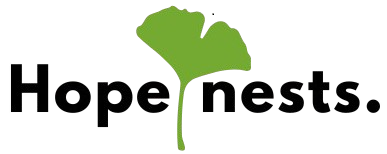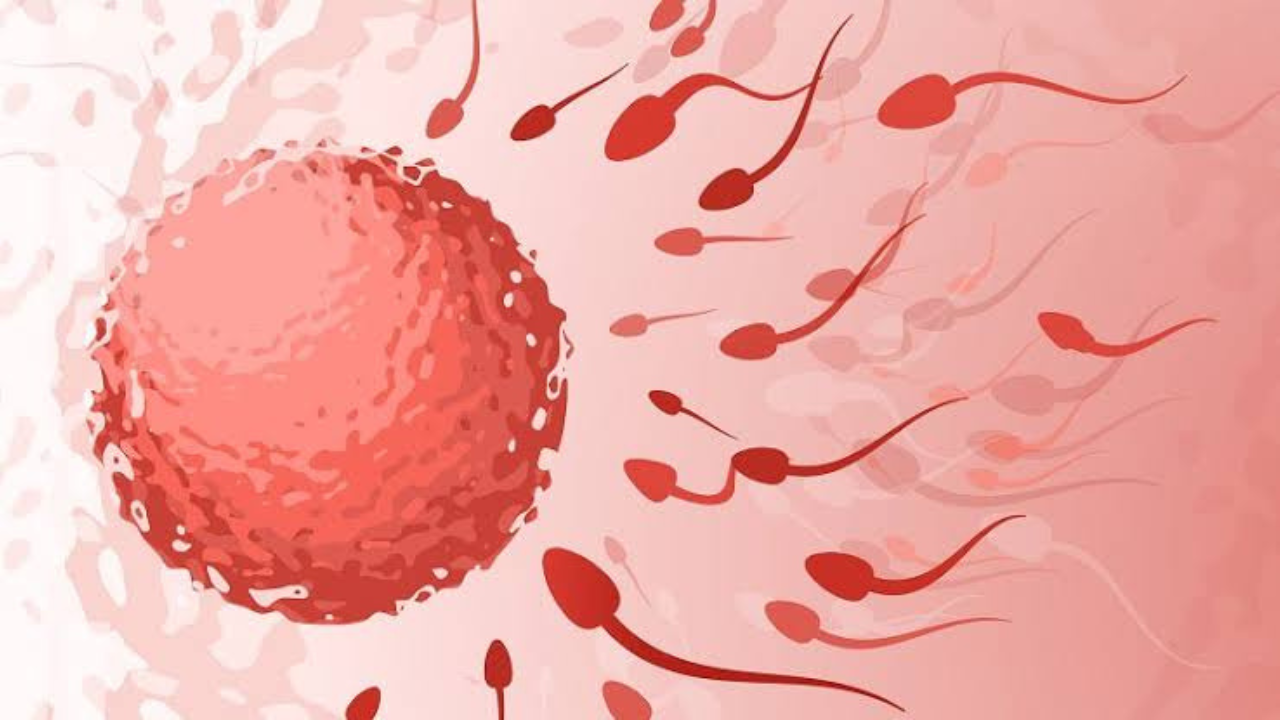You’ve waited, prayed, and hoped—now you’re searching for answers. IVF in Nigeria can feel overwhelming, but the truth is: you don’t have to face it alone. Here’s the real breakdown of costs, success rates, and what to expect—so you can take control of your journey to parenthood with clarity and confidence.”
For many Nigerians, fertility challenges can feel isolating. You hear whispers, face family pressure, and carry a silent weight. But you’re not alone—1 in 6 couples in Nigeria struggles with infertility. The question is: what are your real options?
IVF (In Vitro Fertilization) is one of the most advanced fertility treatments available, but before you commit, you deserve to know the facts—cost, success rates, and exactly what the journey looks like here in Nigeria.
At HopeNests, we make you the hero of your story, arming you with clear, evidence-based guidance so you can move forward with confidence.
The Cost of IVF in Nigeria
IVF is an investment—financial, emotional, and physical. In Nigeria, costs vary widely depending on the clinic, city, and whether advanced techniques (like ICSI or donor eggs) are needed.
💰 Typical IVF Costs in Nigeria (2025):
- ₦1.5M – ₦5M per cycle (about $1,000 – $3,300 USD)
- Medications: ₦400k – ₦1.5M
- Specialized procedures (ICSI, egg freezing, donor programs): extra ₦500k – ₦2M
👉 Compare this to Western countries, where a single cycle can cost $12,000 – $20,000. Nigeria offers significantly more affordable treatment—but quality varies, so choosing the right clinic is critical.
IVF Success Rates in Nigeria
Here’s the tough truth: IVF success rates are not 100%. But knowing the numbers helps you manage expectations and make informed decisions.
📊 Average Success Rates in Nigeria (per cycle):
- Under 35 years: 40–50%
- Ages 35–40: 25–35%
- Above 40: 10–20%
Factors that influence success:
- Age and egg quality
- Cause of infertility
- Clinic expertise and technology
- Lifestyle choices (stress, nutrition, weight, etc.)
💡 Pro Tip from HopeNests: Ask clinics for transparent reporting of their live birth rates, not just pregnancy test results. Success means holding your baby, not just a positive test.
What to Expect During IVF in Nigeria
The IVF journey isn’t a single procedure—it’s a process. Here’s what you should expect step-by-step:
- Consultation & Testing – Hormone checks, semen analysis, ultrasounds
- Ovarian Stimulation – Daily injections for 8–12 days to produce multiple eggs
- Egg Retrieval – A short procedure under mild anesthesia
- Fertilization (IVF/ICSI) – Eggs combined with sperm in the lab
- Embryo Transfer – A fertilized embryo is placed in the uterus
- The Two-Week Wait – The most emotionally intense stage before pregnancy results
⚡ Emotional Insight: Many patients describe the two-week wait as harder than the injections. HopeNests offers community support, checklists, and coping strategies to help you through this critical window.
Key Takeaways
- IVF in Nigeria costs ₦1.5M – ₦5M per cycle, making it more affordable than abroad but still a serious investment.
- Success rates depend on age, health, and clinic expertise. Younger patients under 35 have the best odds.
- The IVF process is emotionally demanding. Having the right guide, clinic, and support system makes all the difference.
At HopeNests, we believe your fertility journey is your right to know, own, and navigate with clarity. You are the hero of this story—we’re here to be your guide.




